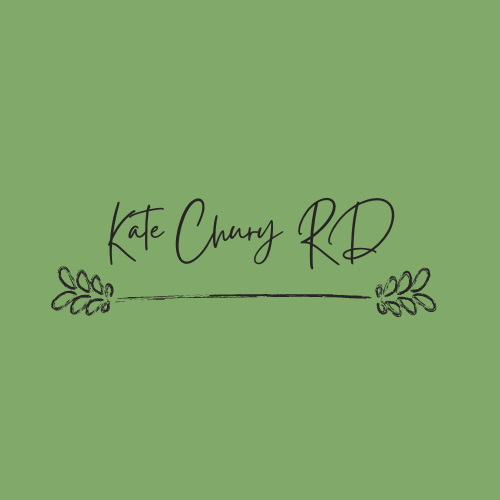Superfood or Super Sham?
/The more the word ‘superfood’ is uttered, the more I’ve grown to despise it. It wasn’t always this way. At first, I appreciated being informed about the nutritional aspects and health benefits of new foods but now the use of the word has gone a little too far. It is clear to me, that in most cases, it is purely a marketing ploy.
I think we all like the feeling of being able to make an impact in our health by eating a certain food. And don’t get me wrong, I firmly believe that food impacts health. Eating well fuels your body and provides it with what it needs to function optimally. However, the term superfood is thrown around a little too much. It is used more to market overpriced products (umm...hello mangosteen juice and raspberry ketone supplements) that make false promises to cure all that ails us.
Although I'm sure this is nutritious, the use of the word superfood is purely for marketing.
It’s seems like anyone with a little knowledge of nutrition (or access to Google) can create their own superfood trend. All you need to do is follow these five steps:
- Select a food from a mysterious or far off part of the world like the Amazon or the mountains of Nepal. Better yet, if the food can be described as ancient then it will sell like hot cakes as this descriptor seems to infer it has some sort of magical healing power.
- Link said food to eliminating cancer or with weight loss. Make sure to mention that it can cleanse all those evil toxins everyone is just brimming with.
- Boast about its nutritional attributes, including antioxidants. Compare said food product to something of lesser nutrient value to emphasize its healthfulness.
- Sell it for a high price. The higher the better because if it costs more, it must work.
- Get a celebrity endorser. Bonus points (and greater success) if Dr. Oz hawks your product.
So let’s give it a try and create a new superfood. *Please note - all claims below were found on Google. I did not look into their validity they are simply used to make a point.
Introducing an ancient middle eastern superfood that has been used since the 10th century to cleanse and eliminate toxins from the body with its diuretic properties. The fibrous root of this superfood is able to keep your appetite at bay and facilitate weight loss. The leaves are beneficial to those with diabetes as they can be used to control blood sugars. Nutritionally, this superfood is a powerhouse. It contains 4 times more potassium and 277% more of the antioxidant beta carotene than blueberries! No wonder it has been said to do wonders for your eyesight. And this product also has gained the endorsement of a the one and only Bugs Bunny. Yes, that’s right. This superfood is carrots.
See it’s just that simple! Now you too can be part of the superfood trend. In all seriousness though, if the word superfood is used to sell a product don’t buy into it. There are lots of nutrient packed foods in your grocery store that will suffice.
Avoid this type of superfood product. These products are not worth the money.
Just to be clear, there has never been nor will there be any one food that is super enough to provide us with all that we need nutritionally. There are very nutritious foods, just as there are foods that are devoid of much nutrition. Without a doubt, there are lots of super foods out there but there aren’t any magical superfoods that will answer all your health needs. Kale, for example, is super nutritious. No one will debate that fact. But it’s not so nutritious that it needs to be included as part of every meal or ground up and taken in supplement form.
Skip the over promising supplement. Stick with real food.
I certainly don’t think it hurts to educate others about the nutritional properties of foods especially when it results in improved eating habits. The problem recently is that the term superfood is all too often used in a misleading fashion. There is no evidence that there are individual foods super enough to keep us disease free on their own. So let's ditch the superfood term and the food products that are trying to profit from it.





